Picking the correct roofing material is an important first step in keeping the weather out of your house. Each type of roofing material offers its own set of benefits and drawbacks. As a seasoned roofer in Lafayette, IN, Freeman Exteriors has extensive experience with various roofing materials and can help you make an informed decision. Here’s a comprehensive guide to the most popular roofing materials available for your home.
1. Asphalt Shingles
Pros:
For good reason, asphalt shingles are the go-to choice for American roofs. Not only are they affordable and easy to install, but they also come in a variety of colors and styles to match any home’s exterior. Asphalt shingles also offer decent durability and can last 15-30 years with proper maintenance.
Cons:
While asphalt shingles are versatile, they may not be the best option for areas with extreme weather conditions. In comparison to other materials, they don’t last as long and are vulnerable to wind damage. Additionally, their energy efficiency is relatively low.
2. Metal Roofing
Pros:
The lifespan and durability of metal roofing are contributing to its rising popularity. Extreme weather, such as strong winds, heavy snowfall, and hail, won’t be able to damage it. Metal roofs are also fire-resistant and energy-efficient, reflecting heat to keep your home cooler during the hot Lafayette summers. With a lifespan of 40-70 years, metal roofing is a long-term investment.
Cons:
Compared to other roofing materials, metal roofing can have a greater initial cost. Installation requires specialized skills, which means you’ll need an experienced roofer in Lafayette, IN, like Freeman Exteriors, to ensure it’s done correctly. Additionally, some homeowners find the appearance of metal roofing less aesthetically pleasing than traditional shingles.
3. Tile Roofing
Pros:
Tile roofing, often made of clay or concrete, adds a distinctive and elegant look to homes. Tiles are incredibly durable, fire-resistant, and can last over 50 years. They are also excellent at handling hot climates, making them a great choice for areas with intense sun exposure.
Cons:
Tile roofing is one of the heavier options, which means your home’s structure must be able to support the additional weight. The cost of materials and installation can be high, and repairs may require replacing multiple tiles to maintain a uniform appearance.
4. Wood Shingles and Shakes
Pros:
Many homeowners are drawn to the natural and rustic feel that wood shingles and shakes provide. They are long-lasting (up to 30 years) and insulating (made of pine, cedar, or redwood). Wood roofing materials are also environmentally friendly, as they are biodegradable.
Cons:
Wood roofing is more susceptible to fire, rot, and insect damage, making it less suitable for areas prone to wildfires or heavy rainfall. Maintenance is key to preventing these issues, which can add to the overall cost.
5. Slate Roofing
Pros:
Slate roofing is known for its unparalleled beauty and longevity. It’s highly durable, fire-resistant, and can last over 100 years with minimal maintenance. Slate roofing also adds significant value to your home.
Cons:
Like tile, slate is very heavy, requiring a strong structural foundation. The cost of materials and skilled labor for installation can be quite high. Additionally, sourcing and installing slate tiles can be time-consuming.
Ready to Upgrade Your Roof? Contact Freeman Exteriors for a Free Consultation Today!
Selecting the right roofing material for your home is a big decision that impacts your home’s protection, energy efficiency, and curb appeal. As an expert roofer in Lafayette, IN, Freeman Exteriors is here to guide you through this process. Our team offers professional advice, quality installation, and reliable maintenance services to ensure your roof meets your needs and withstands the test of time.
For a personalized consultation and to learn more about which roofing material is best suited for your home, contact Freeman Exteriors today.

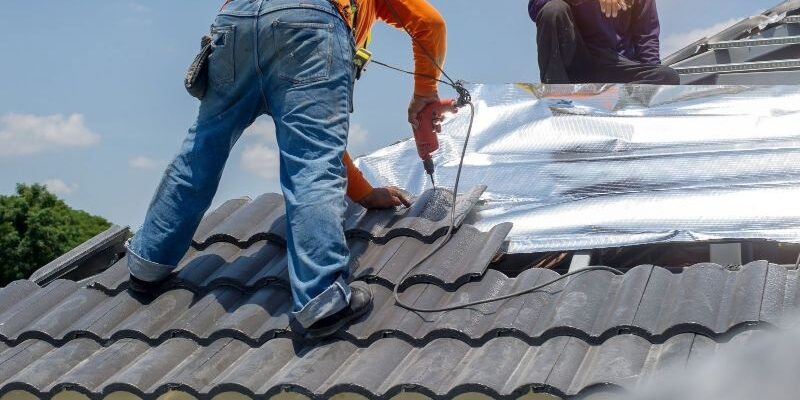
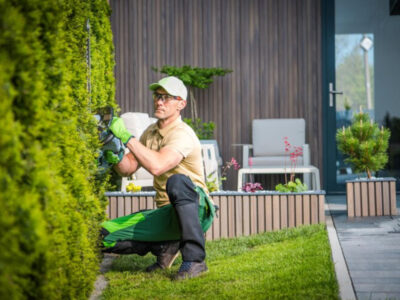

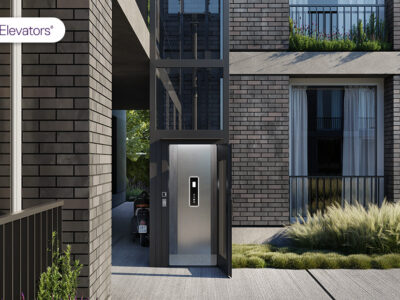
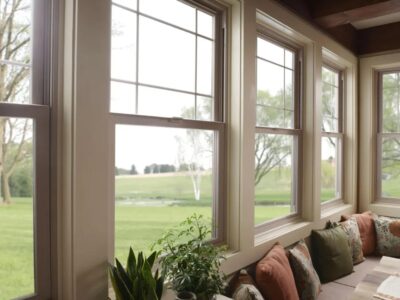
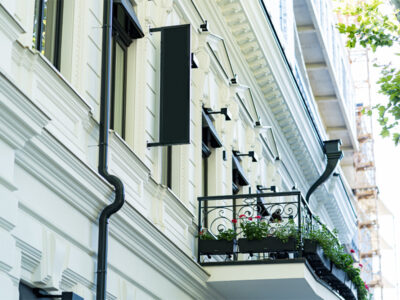


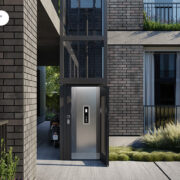
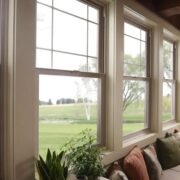
Comments